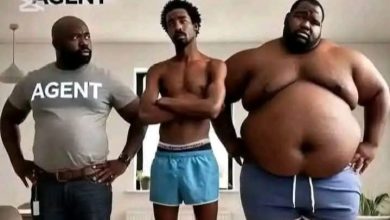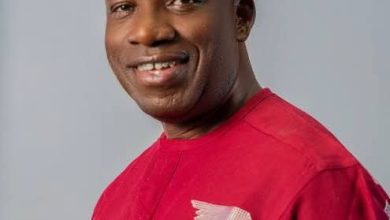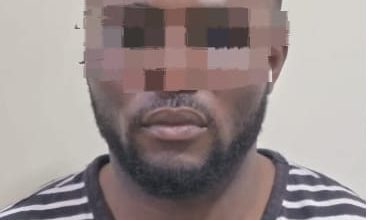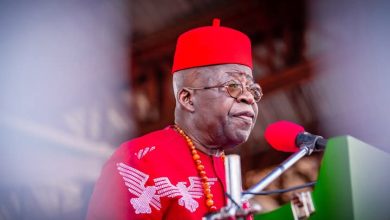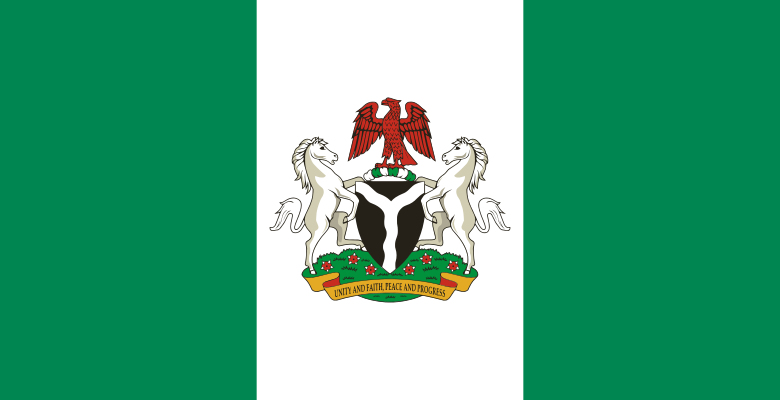
By Alfred Ajayi
In the past, the development challenges of Nigeria have been blamed overwhelmingly on bad leadership, which is said to have kept its growth and progress at snail speed over the past six decades.
When compared with many other countries with which it took off at independence in 1960, Nigeria, the giant of Africa is adjudged to have failed to measure up with them in terms of development and growth indices.
If leadership is a major problem, are citizens less-culpable for the country’s current pitiable socio-economic conditions? This question is what Correspondent Alfred Ajayi took to town as he interacted with some Nigerians resident in Anambra, who in their various perspectives found the citizens equally culpable of complicity and docility in the task of nation building.
Nigeria was granted full independence on October 1st, 1960 as a federation of three regions (northern, western, and eastern) under a constitution that provided for a parliamentary form of government. Each of the regions was permitted a substantial measure of self-government.
Nigeria, since its independence, has seen four republics in 1963, 1979, 1992 which is the shortest and the fourth and longest forth republic which started on May 29, 1999.
Since reversion to democracy in 1999, successive leaders are often held liable for the socio-economic woes and development stagnation of the country. However, bearing their minds on the socio-economic challenges of Nigeria at 64 as an independent nation, respondents in Anambra State were of the view that the followers are as culpable as the leaders for Nigeria’s development problems.
Nigerians are not patriotic – Obidigbo
Sharing his perspective on the issue, a public affairs analyst and former chairman of the Progressive Peoples Alliance, PPA in Anambra State, Chief Kanayochukwu Obidigbo, contended that docile and unpatriotic citizenship is as concerning as bad and visionless leadership.
“Nigeria has so much deteriorated. It has deviated from the lofty dreams of the founding fathers, who fought for the independence. They came back from the UK with a vision to hand over a banner without stain over to the younger and growing generation.
“Unfortunately, they were tinkling with it before the army guys came in and disrupted the system. Since the coup of 1966, Nigeria has continued to go down the drain. We keep talking about republics while other countries have one republic and are developing at their pace.
“The citizens have not developed politically. Nigerians are docile and unpatriotic. Some citizens don’t even know the colour of our flag,” Obidigbo regretted noting that the leaders today came from among the citizenry.
“Some of the leaders today graduated from the level of citizenship to positions of authority. Since there are no consequences for wrong doings, strong men within the corridor of power manipulate the system and laws of the country”.
Obidigbo maintained that citizens must appreciate their powers in a democratic setting. “If the citizens take ownership of power, the leaders will know that it is no longer business as usual. Until we know and let them realise that the power of their representation comes from us, the situation will not change.
“It takes Nigerians to fix Nigeria. You saw what happened in Kenya. Other countries also have tribal sentiments. In Rwanda, tribal issue caused the genocide. But today, it is against their law that anyone flies the flag of ethnicity,” he concluded.
Nigerians must Insist on Good Governance – Ezeugwa
A Political Affairs commentator, Chief Chidozie Ezeugwa, opined that Nigerians, have been empowered by the constitution of the Federal Republic to demand and insist on good governance. He opined that citizens must rise against the tricks of the political elites who use divisive tendencies to keep them perpetually in political bondage.
“If the citizens decide to always deploy tribal sentiments – once my people are in position of authority, all is well and we continue to deploy religion in the process of governance, we cannot make any progress.
“While it is our statutory responsibility to demand good governance and transparency as citizens, the political elites have always played over our intelligence using ethnicity and religion to divide and rule. That is why the citizens cannot assemble themselves to demand good governance”.
Ezeugwa lauded the selflessness and patriotic zeal with which the founding fathers managed the affairs of the country until the first military interruption of 1966.
“Our forefathers, who fought for the independence did not care about where anybody came from. They fought with all their strength to free us from colonial bondage. They were not also interested in whether you are a Christian or Muslim, or whether you are from the North or South. Patriotism was in the highest realm.
“Democracy must be guided by the citizens who own it. If not, it can turn to full dictatorship. The government belongs to the people and not the leaders. So, citizens must rise above their docility and take ownership of the nation’s democracy,” he submitted.
Culpable but helpless – Okolie
Advancing his thoughts on the matter, a political scientist, Pastor Elvis Okolie, regrettably submitted that though citizens have a very important role to play in nation building, Nigerians have not been alive to their responsibilities.
“Talking about nation building, first of all find out the type of citizens you have in a particular country. Do you have citizens or the tribesmen or the idiots? In Nigeria, we have less than ten percent of citizens.
“Citizens were more than fifty percent in the beginning. Unfortunately, politicians have reduced the number and won majority of them to the side of the tribesmen. They used religion and tribalism to pull people out from the spirit of citizenship.
“The tribesmen have taken over and the citizens have been muzzled out of their position in nation building. They have been so frustrated that they can no longer play their expected role.
Okolie remarked that Nigerians at the beginning made efforts to prove their patriotism but were conquered by the few elite tribesmen found in corridors of power across the country.
“So, the few citizens who are still patriotic can’t have their way. It’s now all about who gets what to frustrate others. They have injected poverty into the system so that they can control the ordinary citizens forever.
The Political scientist however conceded that the citizens cannot be totally exonerated as they failed to resist those who came to take away their power as enshrined in the constitution of the country.
“Yes, the citizens are culpable because they did not do anything to resist the unscrupulous political elements then when they were more in number. Now, they’re drastically reduced in number, I hope you know that power is no longer with the people. That’s why our votes don’t count. Nigeria is in a reverse gear operating at a speed of light, he regrated.
“But in the present time and reality, they are not culpable because the few that are there cannot do anything. The majority who are tribesmen dictate to them, decide for them. At this moment. If the government in power wants to do the right thing, nobody will say no.
The respondents argued that all hope is not lost if the citizens can unite to fight bad leadership and poor governance.
“The citizens should start educating themselves, enlightening themselves on how they have been raped and starting to get up again.
“They should love themselves, understand themselves and jettison the tribal and religious differences which are the greatest instruments of division in the hands of the political elites. That’s the only time to get the power back to themselves,” Okolie advised.

